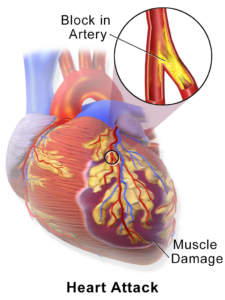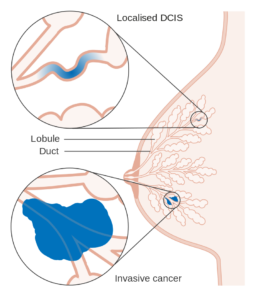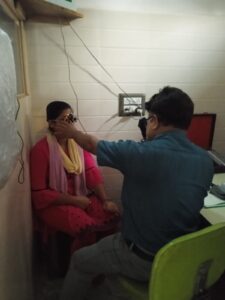Beware of these waterborne diseases after the cyclone Amphan
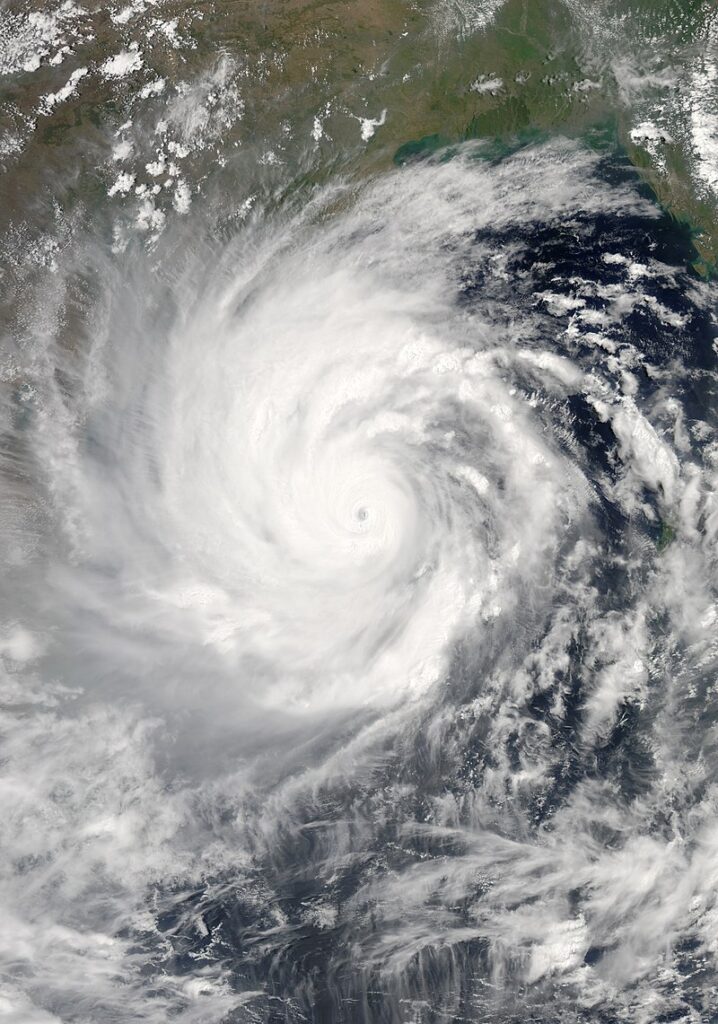
Neucrad Health May 24, 2020
On 20th May 2020 a super cyclonic storm, Amphan lashed parts of Orissa and West Bengal. Though it started as a low-pressure area hundreds of kilometres east of Sri Lanka on 13th May, by 17th May, it transformed into a super cyclone. At the time of landfall, the wind speed was approximately 155 km/h. It caused massive destruction in Kolkata, North and South 24 Parganas. Thousands of hectares of paddy fields and vegetable farms got inundated, countless houses were damaged, and a significant portion of Kolkata and neighbouring districts lost power connection and net connectivity for days. In this situation, there is a massive risk of waterborne diseases spreading across the region. Let us have a look at the current health situation and waterborne illness which can infect people in cyclone-hit areas.

What is the ground situation in cyclone-hit areas now?
Kolkata and adjoining areas received more than 200 mm of rainfall within 24 hours due to the effect of Amphan. It led to the inundation of vast stretches of land and drinking water crisis. Most tube wells and wells in these areas got submerged, and municipality water was not available due to damaged power stations and waterlines. People are forced to queue up at water distribution centres to gather potable water for their families. However, there is a high risk of waterborne diseases outbreak due to poor sanitary conditions. People should boil their drinking water before consumption so that they do not suffer from cholera, diarrhoea, typhoid, amoebiasis, and hepatitis A. Continue reading to know more about these diseases.
List of waterborne diseases that can spread after the cyclone
Cholera

Cholera is a waterborne infectious disease caused by consuming drinking water and food contaminated with Vibrio cholerae. It leads to diarrhoea, nausea, vomiting, dehydration, rapid heartbeat, loss of skin elasticity, and dry mucous membranes. If patients do not receive immediate medical attention, then they can experience acute dehydration and electrolytic imbalance. Doctors advise patients to have oral rehydration solution (ORS) to replenish the lost fluid in the body. If sufferers cannot have ORS, then doctors administer intravenous fluid and antibiotics. It is better to wash hands with soap before meals, boil drinking water, and clean fruits and vegetables in hot water before consumption to stay safe from the disease.
Typhoid
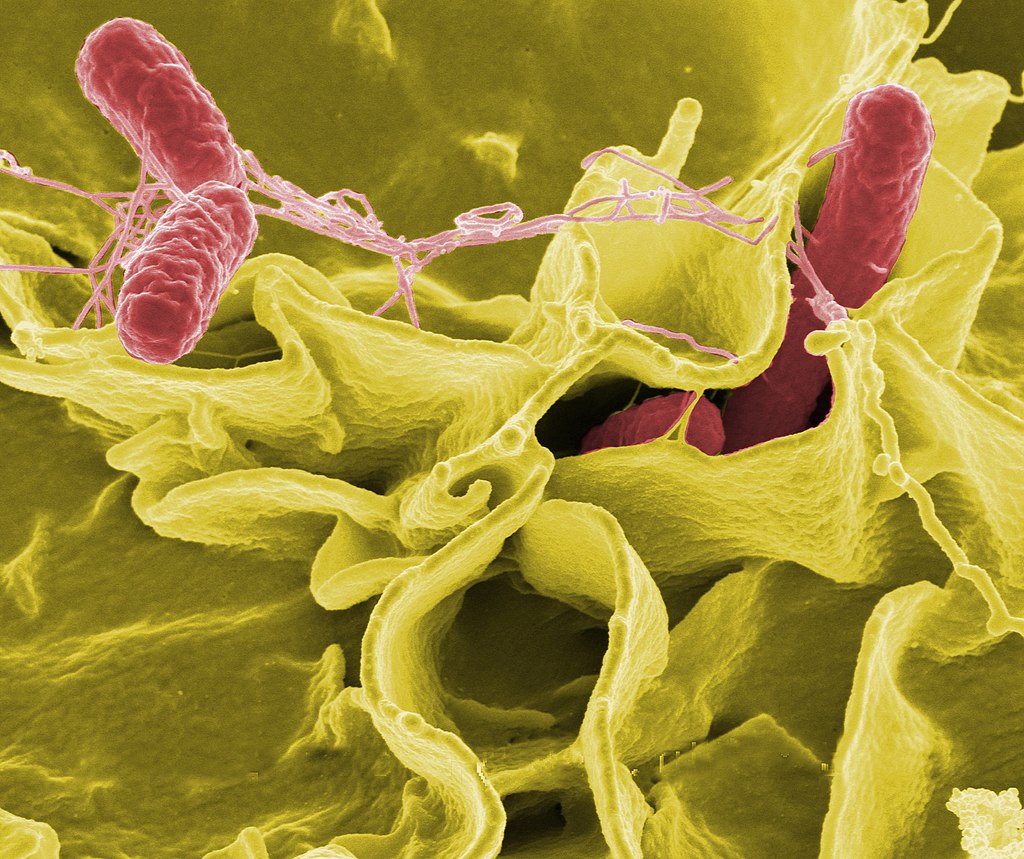
Typhoid is another infectious bacterial disease caused by the bacterium Salmonella typhimurium (S. typhi). People can get infected with this disease through the consumption of contaminated food or water and poor sanitation. Patients experience very high fever with temperatures rising to up to 104·F coupled with weakness, headache, abdominal pain, swollen belly, loss of appetite, diarrhoea or constipation and dry cough. Doctors treat this condition through the administration of antibiotics like Ciprofloxacin, Azithromycin, and Ceftriaxone. However, there is also an injectable vaccine against typhoid for people above two years. Administration of the vaccine reduces the risk of the disease.
Hepatitis A

Hepatitis A is also a prevalent viral liver infection caused by the Hepatitis A virus (HAV). It is a highly contagious infection, and get transmitted through drinking contaminated water, consuming food handled by an infected person, and being in close proximity with hepatitis A positive individuals. Patients experience low-grade fever, abdominal pain, nausea, vomiting, clay-coloured stool, dark urine, yellowing of the skin and eyes, and intense itching. Doctors prescribe blood tests for the diagnosis of hepatitis A infection. However, unlike other liver infections, it does not cause long-term liver damages and can heal on its own with supportive care. There is also a hepatitis A vaccine to prevent the occurrence of this disease.
So, these were some of the waterborne diseases which people in the cyclone-hit area should be careful. Practise hygiene and healthy food habits to keep these diseases at bay.



